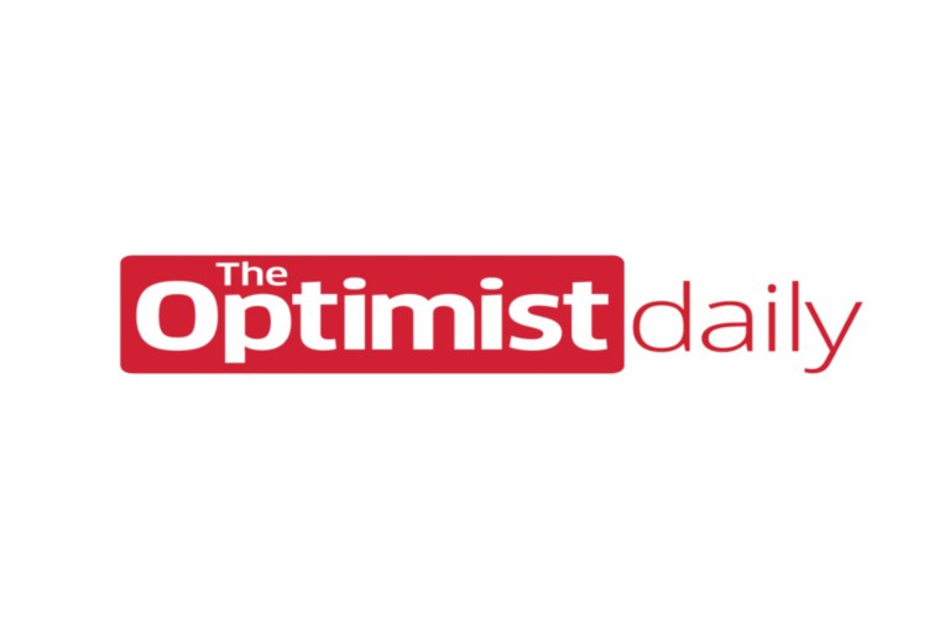While most of us know the long-term environmental and economic benefits of switching from a gasoline-powered car to a cleaner hybrid or electric vehicle, the upfront costs of making such a change can make it difficult for many to actually make the swap.
That’s why New Zealand’s Prime Minister Jacinda Ardern has announced a new program designed to help low- and middle-income households trade their conventionally fueled cars for environmentally friendly alternatives.
The plan, called the Clean Car Upgrade program, will use almost $20 million to allow low- and middle-income families to receive a rebate on the purchase of a hybrid or electric vehicle if they trade in their gas-powered car. The full program, which will swap up to 2,500 vehicles, is expected to take effect in 2024.
The Clean Car Upgrade program is part of a grander multibillion-dollar decarbonization effort that will also focus on expanding public transit, electrifying industry, and installing more renewable energy projects. Over four years, the car-trading program is projected to cost around $360 million, to be covered by the government’s $2.8 billion climate emergency response fund.
On top of all these efforts, there is a separate $13 million vehicle leasing program to get disadvantaged families into EVs, along with other plans to create more bike paths and “walkable neighborhoods,” which will encourage Kiwis to abandon their cars altogether.
The government hopes that these programs will help New Zealand reach its aim of having zero-emission vehicles make up 30 percent of the country’s cars and vans by 2035.











